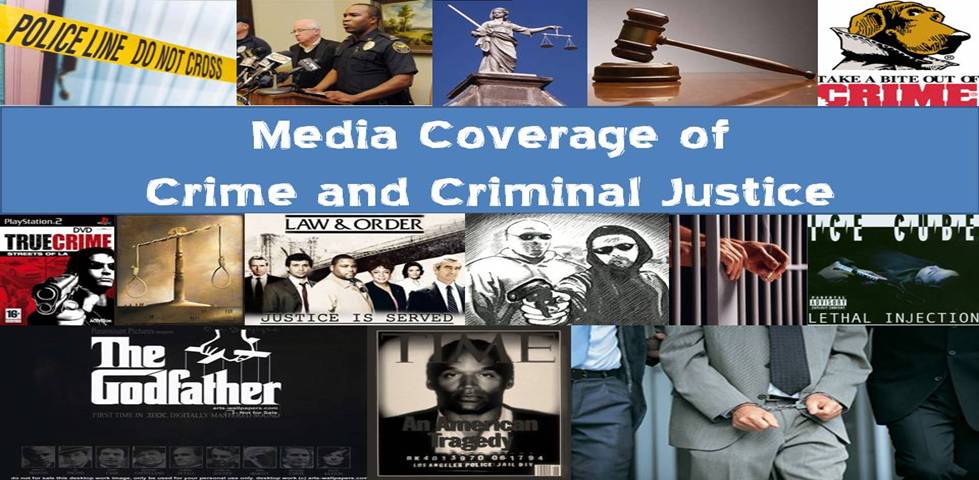Well, call me skeptical, but according to this article in the New York Times, this is the third year in a row where imprisonment rates have fallen.
Why? According to the article, "in recent years, tightened state budgets, plummeting crime rates, changes in sentencing laws and shifts in public opinion have combined to reverse the trend."
Isn't that something? It is not because prisons don't work in the long run to reduce crime. It's not because incarceration is a destructive experience that tends to "prisonize" people, making them completely dependent on the goverment for even basic skills. It's not that prisons are the "colleges of crime." It's not that study after study shows that incarceration is plagued by serious racial (and social class) disparities.
It's about the money. We just cannot afford it anymore.
See? "Most observers agree that the recession has played a role in shrinking prison populations. In 2011 and 2012, at least 17 states closed or were considering closing prisons partly for budgetary reasons, representing a reduction of 28,525 beds, according to a report by the Sentencing Project published last year."
But perhaps it is not that bad. According to the article: "Adam Gelb, director of the Pew Charitable Trusts’ public safety performance project, said that while fiscal concerns might have led to the turnaround in some states, the need to cut budgets had not been the deciding factor."
He explained: “They’re not simply pinching pennies. Policy makers are not holding their noses and saying we have to scale back prisons to save money. The states that are showing drops are states that are thinking about how they can apply research-based alternatives that work better and cost less.”
Well that would be something--very newsworthy! Policy-makers using evidence to inform practice! Yet, notice his last three words: "and cost less."
So it really is about the money.
After all, it is conservative politicians who were behind the increase in imprisonment in the first place (I'm writing a book about this now). And so it is they who are now pushing for reductions in prisons.
The author of the New York Times piece called this an "unusual bipartisan effort to reduce the nation’s reliance on prisons, with groups like Right on Crime, devoted to what it calls the 'conservative case for reform,' pushing for lower-cost and less punitive solutions than incarceration for nonviolent offenders."
According to the article: "Marc Levin, senior policy adviser for Right on Crime, described the change in conservatives’ position on parole violators: It used to be 'Trail ’em, nail ’em and jail ’em,' he said, 'but there’s been a move to say, ‘Yes, there’s a surveillance function, but we also want them to succeed.’”
Why? Money. Don't believe me? Read the rest of the article:


No comments:
Post a Comment